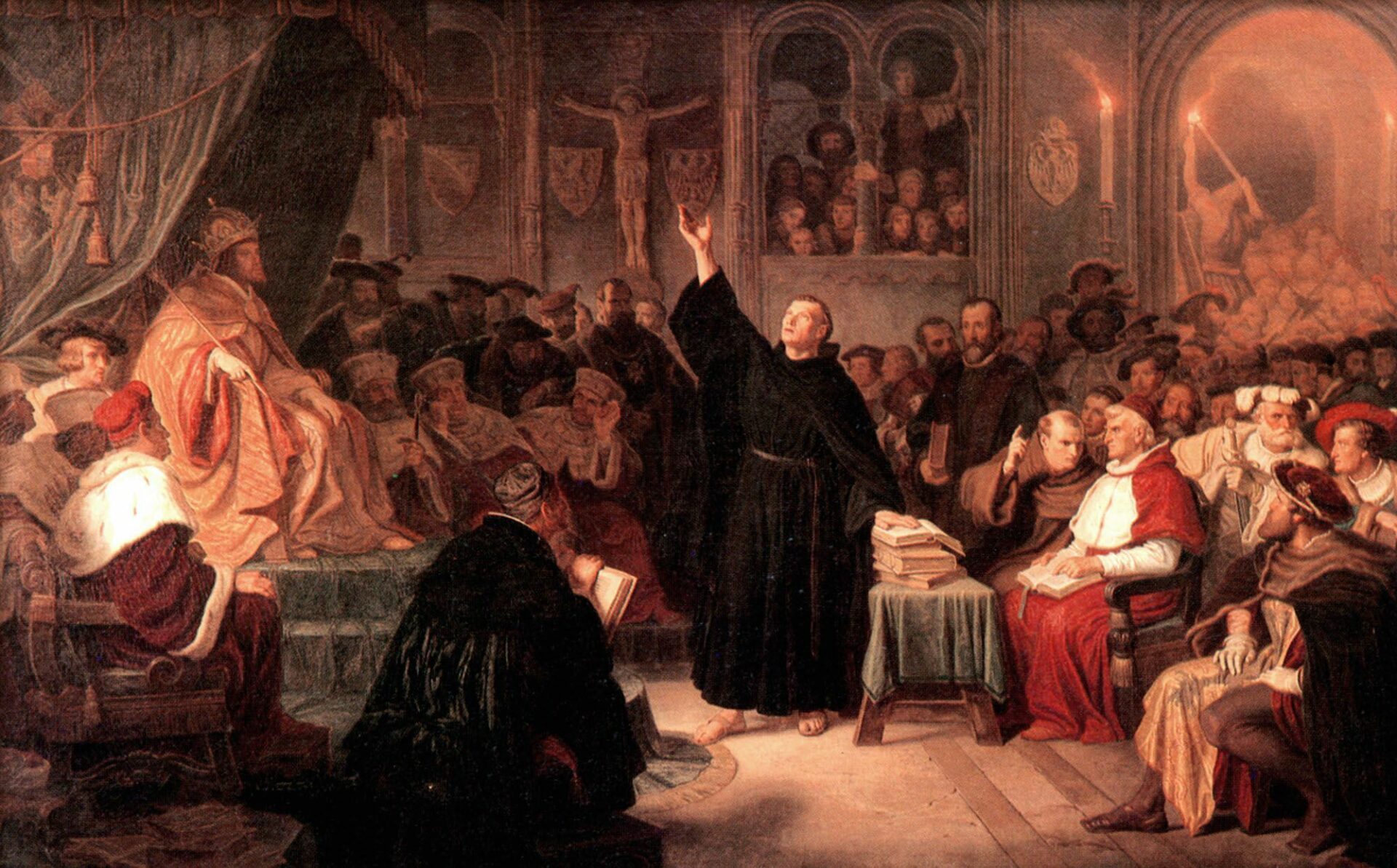The German sociologist Max Weber explored this question in The Protestant Ethic and the Spirit of Capitalism, first published in 1904. What started Weber’s exploration was evidence suggesting that in his own day German Protestants had a proportionately greater interest in the world of business, and German Catholics a proportionately smaller interest, than their ratio in the German population would lead one to expect.
Why was this so? Weber’s answer may be summarized as follows: The accumulation of capital requires some sacrifice of immediate consumption; true capitalists must plow some of their profits back into their businesses so that they can produce more and make higher profits, with a higher potential for future capital; to achieve this, they must not only curb expenditures but also work very hard, spending most of their time making money.
Protestantism, especially in its Calvinist form, encouraged this sort of life. It encouraged hard work because work keeps one from sexual temptation, from playing silly games, from drinking, or acting in other ways displeasing to God. Moreover, work is a positive good, a kind of tribute paid to the Lord.
Protestantism, and in particular Calvinism, discouraged many kinds of consumption that took energies away from the large-scale production that became the essence of the modern economic system. The Calvinists discouraged the fine arts, the theater, the dance, expensive clothes. But they encouraged the satisfaction of the simple needs of solid, substantial food, adequate shelter, clothing, and the like—needs most readily supplied by large-scale industry serving a mass demand.
A society with many Calvinists tended to produce much, to consume solidly but without waste or ostentation. Therefore, under competitive conditions, its business leaders accumulated capital, which they could invest in the methods of production that enriched the West. Much work and little play made Calvinist society prosperous. Merchants in government tended to emphasize economic growth, prudence, and a desire for predictable (that is, steady) work conditions.
The Scots, Dutch, Swiss, the Yankees of New England—all Calvinistic peoples—acquired a popular reputation for thrift, diligence, and driving hard bargains. The Protestant societies at once cut down the number of holy days—holidays without work. With Sunday rigorously observed as a day without work, the other six were all the more clearly work days.
Many Protestant theologians rejected the medieval Catholic doctrine that regarded interest on investments beyond a low or “just” rate as usury, and they also rejected most of the medieval attitudes suggested by the term “just price” in favor of something much closer to the ideas of free competition in the market. In the marketplace, God would take care of his own. Wealth became a sign of the good life—that is, the moral life— well lived.
Weber’s thesis must not be taken as the sole or sufficient explanation of capitalism in early modern times. Indeed, the stirrings of modern economic life began long before Luther and Calvin and were first evident in regions that were never won over to Protestantism: Italy, southern Germany, Belgium. Banking began in Florence and other northern Italian cities under Catholic rulers. Almost certainly rules against usury would have been relaxed by the Catholic church even if there had been no Protestant Reformation.
Moreover, there is no perfect correlation between Protestantism and industrial development, on the one hand, and Catholicism and slower development, on the other. Belgium, the German Rhineland, and northern Italy are productive and prosperous Catholic regions. Finally, no sensible explanation for the rise of a modern industrial economy can neglect the simple facts of geography and natural resources. Even if Italy had turned Calvinist, it would still have lacked the coal and iron deposits that contributed to Protestant Britain’s industrial head start.
Yet the Protestant ethic did perhaps provide the extra push that started the West on its modern path— along with the expansion of Europe overseas, which favored the Atlantic over the Mediterranean nations; along with the natural resources of northern and western Europe; along with the damp, temperate northern climate conducive to hard work and longer hours, especially indoors, in contrast to the milder Mediterranean climate; along with free enterprise, freedom for science and invention, relatively orderly and law-abiding societies, and whatever else went to produce that still not fully understood phenomenon, economic growth.

